Mark Zuckerberg's biggest layoff plan, company continues to suffer losses due to investment in Metaverse
After Twitter, now layoffs in Meta: Mark Zuckerberg's biggest layoff plan, the company continues to suffer losses due to investment in Metaverse

After Twitter, now Meta (formerly known as Facebook) is planning to lay off many employees. This has been claimed in a New York Times report. The exact number of people to be evacuated is not yet clear. According to the report, layoffs will start by the end of this week. This may be the company's biggest layoff since its inception in 2004.
As of the end of September 2022, Meta had 87,314 employees. Meta currently owns some of the largest social media platforms in the world including WhatsApp, Instagram and Facebook. However, the company is increasing its spending on the metaverse. The Metaverse is a virtual world where users can create their own avatars. The company has been incurring losses due to low adoption rates and costly R&D. The layoffs are expected to ease the financial crisis somewhat.
Late last month, Meta announced the revenue outlook for the December quarter. The company had said that it would suffer significant losses due to investments in Metaverse next year. The company's shares have fallen sharply in price since this information came to light. Meta CEO Mark Zuckerberg asked investors to believe in the brand. He has claimed that those who remain with the company will definitely get the benefit of it.
The next level of virtual reality is called the metaverse. Simply put, the metaverse is a kind of virtual world. With this technology, you will be able to enter the digital world through virtual identity. That is a parallel world where you will have a different identity.
In that parallel world, you will be able to meet your friends and relatives in this world, from travelling, and buying goods. In future, with the advanced version of this technology, you will be able to feel the touch and smell of things. The term metaverse was first used by science fiction author Neil Stephenson in his 1992 Nobel Snow Crash.
For Latest News update Subscribe to Sangri Today's Broadcast channels on Google News | Telegram | WhatsApp




































.jpeg)























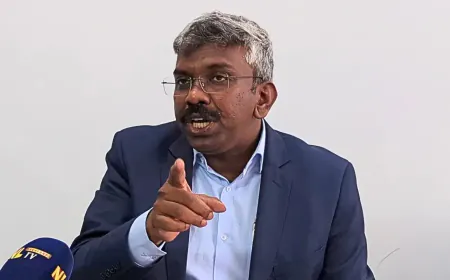

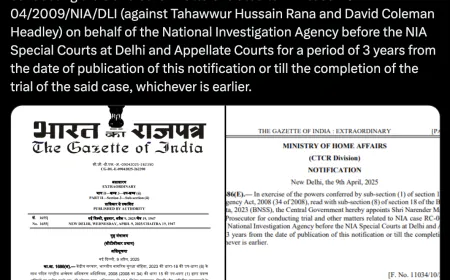














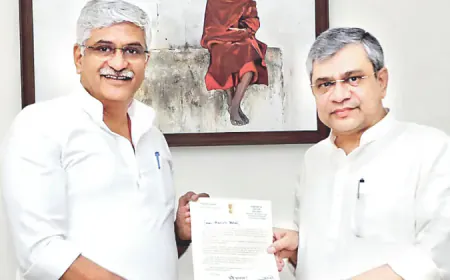
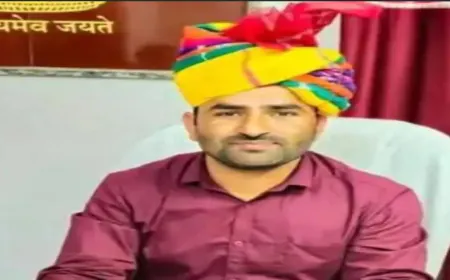

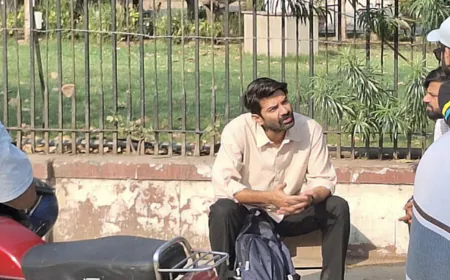































.jpeg)















